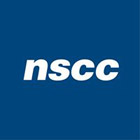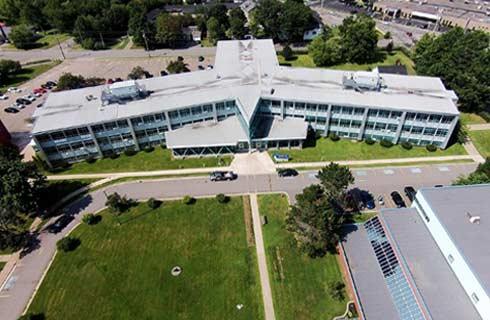行为干预高级大专
Graduate Certificate in Behavioural Interventions

学历文凭
Graduate Certificate

专业院系
NA

开学时间

课程时长

课程学费

国际学生入学条件
IDP—雅思考试联合主办方

雅思考试总分
6.0
- 雅思总分:6
- 托福网考总分:80
- 托福笔试总分:550
- 其他语言考试:Pearson Test of English Academic (PTE) – minimum test score of 55.
CRICOS代码:
申请截止日期: 请与IDP联系 以获取详细信息。
课程简介
As a Behavioural Interventionist, you assess, design, implement, modify and evaluate behavioural interventions to address learning, behavioural and emotional growth for a variety of populations of differing ages and abilities.<br>Upon graduation, you are expected to:<br>Demonstrate respectful, person-directed interventions based on behavioural science<br>Facilitate growth within social, emotional, cognitive and mental health areas using teaching procedures based on behavioural science<br>Apply assessment protocols to identify and understand behaviours and support the development of new skills<br>Collect and graph data to document, analyze and evaluate the effectiveness of teaching and behavioural programs<br>Design supports and environmental modifications for many populations, including dementia, traumatic brain injury, learning and neurodevelopmental challenges<br>Design and apply positive behavioural supports that use multi-tiered models (e.g., Multi-tiered Systems of Supports, Pyramid, Positive Behavioural Interventions and Supports) of intervention and supports<br>Career options<br>There is an increasing demand for graduates skilled in applying behavioural strategies to support learning or improve quality of life across the lifespan.<br>Graduates of this program are finding careers as:<br>Behavioural interventionists within residential facilities, vocational workshops, small option homes and continuing care<br>Behavioural specialists within licensed daycare facilities<br>Behavioural interventionists within health centre teams (First Nations)<br>Autism skills workers and program implementers with early intensive behavioural intervention teams with the IWK Health Centre and Nova Scotia Health<br>Developmental interventionists within Nova Scotia early childhood development and intervention programs<br>Various roles within provincial educational centres and school outreach programs
相关申请
 预科
预科 奖学金
奖学金 实习机会
实习机会 在校学习
在校学习 跨境学习
跨境学习 校园授课-线上开始
校园授课-线上开始 在线/远程学习
在线/远程学习
开学时间&学费
学费信息仅供参考,请与IDP联系以获取详细信息
| 开学时间 | 时长 | 学费 | 地点 |
|---|
本校相关课程

学术和职业联系证书
学历文凭
Bachelor Degree
开学日期
课程费用总额


成就证书
学历文凭
Bachelor Degree
开学日期
课程费用总额


成瘾社区外展高级文凭
学历文凭
Graduate Certificate
开学日期
课程费用总额


飞机维修工程师文凭(航空电子)
学历文凭
Bachelor Degree
开学日期
课程费用总额

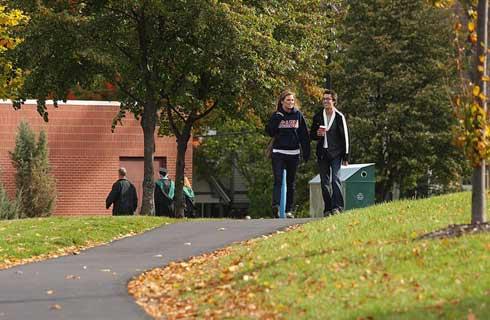
飞机维修工程师文凭(机械)
学历文凭
Bachelor Degree
开学日期
课程费用总额

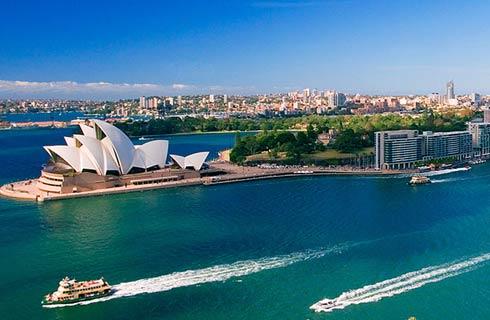
飞机维修工程师证书(结构)
学历文凭
Bachelor Degree
开学日期
课程费用总额

其他相关课程

Certificate in Applied Behavior Analysis
 德克萨斯农工大学学院站分校
德克萨斯农工大学学院站分校学历文凭
Graduate Certificate
开学日期
课程费用总额

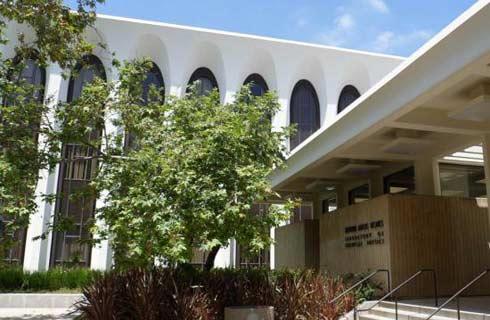
Master of Science in Behavior Analysis
 塞勒姆州立大学
塞勒姆州立大学学历文凭
Masters Degree
开学日期
课程费用总额


Doctor of Philosophy in Psychology - Systems and Behavioral Neuroscience
 弗吉尼亚大学
弗吉尼亚大学学历文凭
Ph.D.
开学日期
课程费用总额


Master of Public Health (Traditional) - Social and Behavioral Sciences
 佛罗里达大学
佛罗里达大学泰晤士高等教育世界大学排名:136
学历文凭
Masters Degree
开学日期
课程费用总额


行为科学文学士学位(迪尔伯恩)
 密歇根大学安娜堡分校
密歇根大学安娜堡分校学历文凭
Bachelor Degree
开学日期
课程费用总额


跨学科研究应用科学学士学位-人性
 湖首大学
湖首大学泰晤士高等教育世界大学排名:1080
学历文凭
Bachelor Degree
开学日期
课程费用总额









